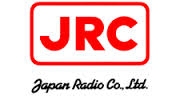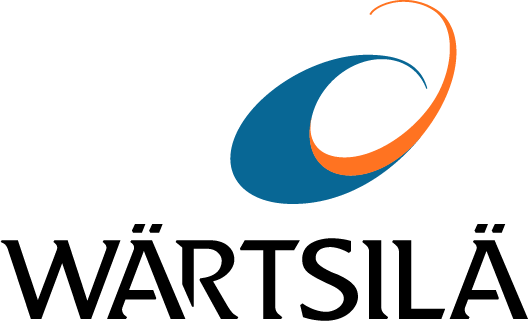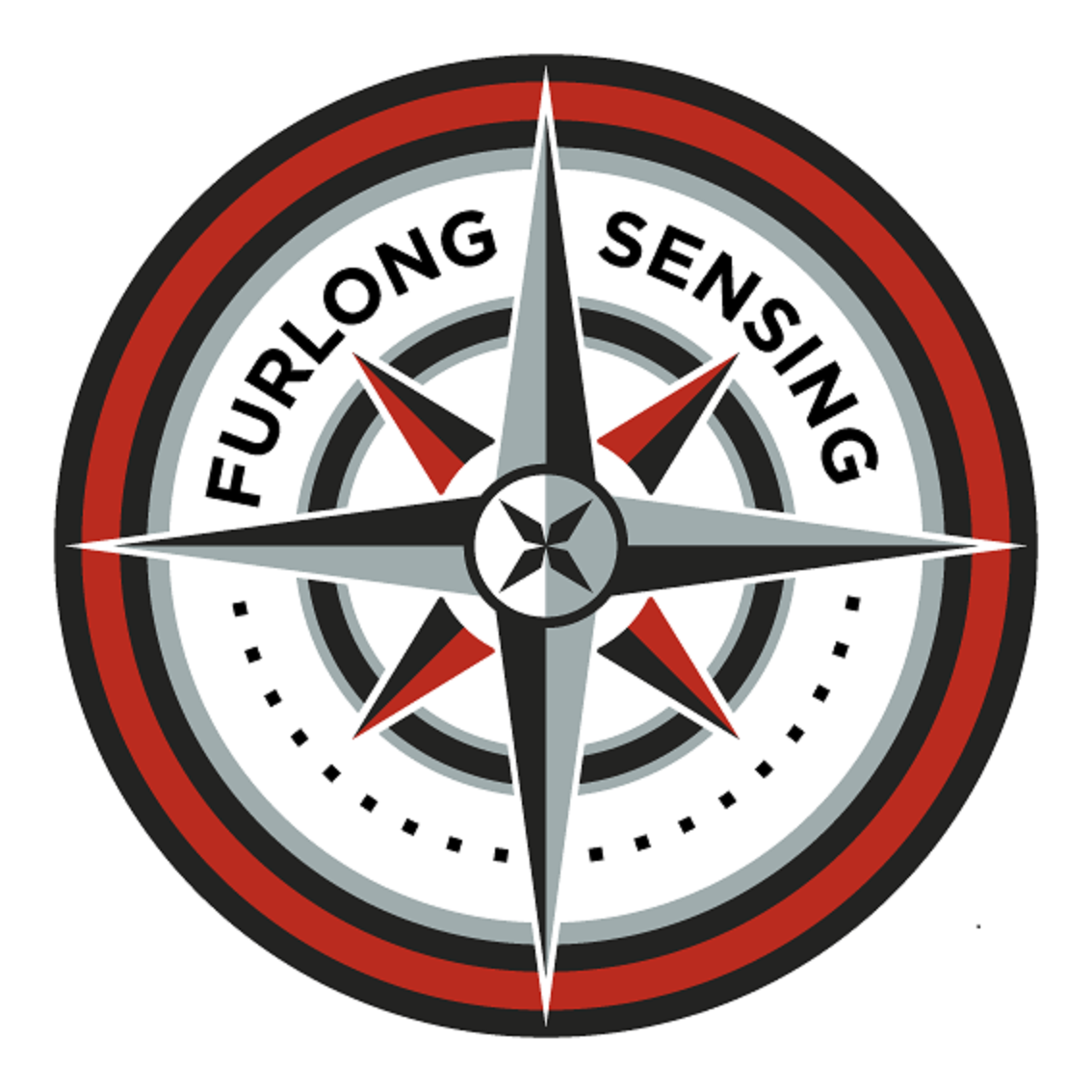Now loading.
Please wait.
Please wait.
Home
You are here: Home
You are here: Home
INTRODUCING OUR NEWEST PARTNERSHIP WITH FURLONG SENSING
Furlong Unity is an advanced local position reference sensor for DP Vessels.
Our Electronic Services
Our Electrical Services
Our Manufacturers

















